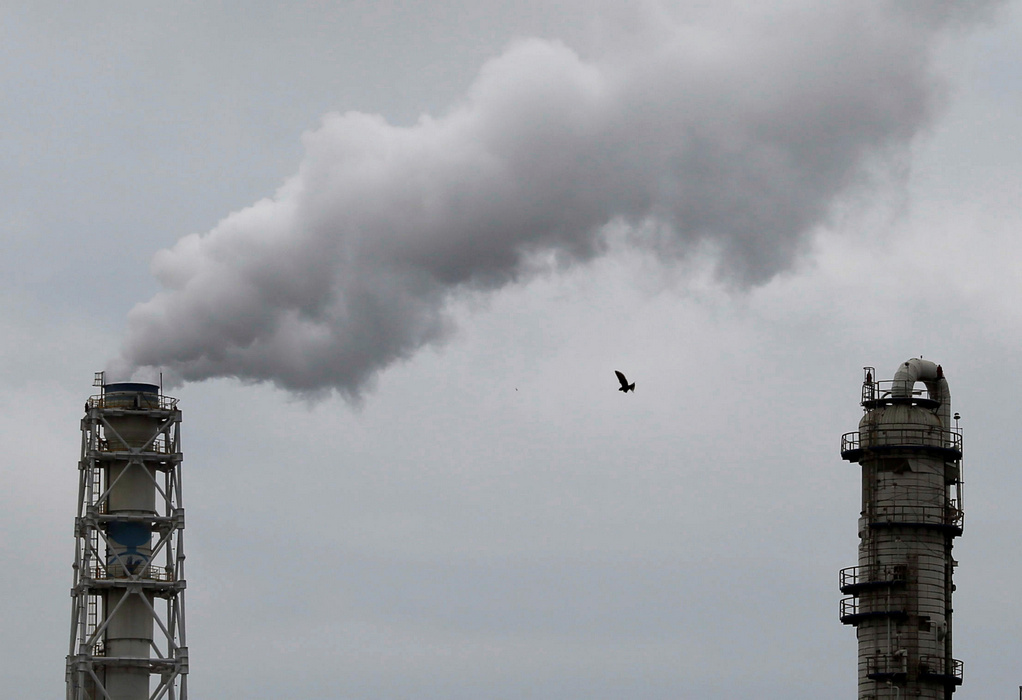The European Union has proposed a policy to tax products such as cement and steel, that are extremely carbon intensive, with effect from 2026.
With the 27 th edition of the Conference of Parties (COP) in Sharm El Sheikh nearing its final stages and efforts being ramped up to arrive at a conclusive agreement, a consortium of countries that includes India has jointly stated that carbon border taxes, that could result in market distortion and aggravate the trust deficit amongst parties, must be avoided.
The European Union has proposed a policy — called the Carbon Border Adjustment Mechanism — to tax products such as cement and steel, that are extremely carbon intensive, with effect from 2026.
India’s long-term strategy to transition to a ‘low emissions’ pathway involves more nuclear power, more ethanol
BASIC, a group constituting Brazil, India, South Africa and China, and therefore large economies that are significantly dependent on coal, has for several years voiced common concerns and reiterated their right to use fossil fuel in the interim during their countries’ eventual transformation to clean energy sources.
Tags: Carbon tax, Cement, COP27, Europe, Steel



Recent Posts
GCMD Publishes Insights from Landmark Ammonia Transfer Trial Off Western Australia
GEODIS Releases 2024 Activity and Sustainability Report, Reaffirms Climate Commitment
Strengthening India-Norway maritime ties at Nor-Shipping 2025
Magenta Mobility appoints Nand Kumar Sharma to lead charging infrastructure & projects
CMA CGM Showcases Strategic Maritime Initiatives with India During Secretary MoPSW’s Visit to Marseille
Port of Brisbane Unveils Vision 2060 to Drive Smarter, Cleaner, and More Connected Future
Wärtsilä to Deliver Hybrid Propulsion Systems for Vertom Group’s New Low-Emission Vessels
Latvian port receives electric Konecranes Gottwald Mobile Harbor Crane